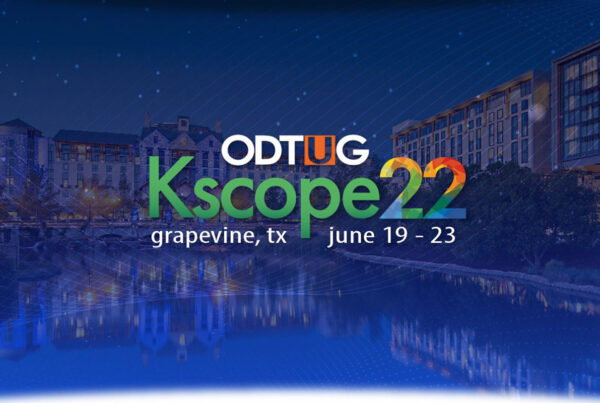Empathy, noun; the ability to understand and share the feelings of another (according to the Google machine).
Empathy is the elemental characteristic of an organizational change-maker. Whether you’re in an internal-facing role seeking to introduce a new idea or process, or a salesperson pitching a new software, the intentional act of understanding and speaking to the concerns and desires of the relevant stakeholders is most often the determining factor in driving action and progress. Countless individual contributors in organizations bring forward excellent ideas, but people are generally resistant to embracing an idea in a vacuum – especially if it doesn’t generate value for themselves personally or their department. This is particularly true in large companies that have structured budgets and processes – initiatives need to enable cross-functional value in order to gain traction. The ability to craft a narrative that addresses and unifies competing interests, then, has enormous power.
Empathy as a Skill
The title of this blog refers to empathy as a ‘skill’. While it’s true that some individuals have an innate ability to operate with an empathetic or ‘others-first’ mentality, business environments and scenarios add complexity. The most skilled business professionals are not only empathetic in their personal interactions, but also are intentional about applying this method of thinking to achieve their desired business outcome. It takes experience and knowledge to participate in a meeting, listen to the divergent opinions and business interests of organizational factions, and conjure up a response that both satisfies competing priorities and keeps the wind in the sail of the initiative that you’re championing. The effective use of the Socratic method – asking the right questions and truly seeking to understand – is born out of both knowing what to ask (experience/knowledge) and how/when to ask it (empathy).
Empathy Wins
As we look to contribute to our own organizations, or in the case of consulting, introduce improvements to an external company, there are undoubtedly going to be voices of dissension. Applying an empathetic mindset, we can first remind ourselves that dissension shouldn’t be taken personally. Others may simply have a different vision of what success means for our organization. But when we have conviction in our vision, our success in navigating these potential roadblocks and ultimately influencing change begins and ends with empathy.
Start with empathy and success will follow.






Well said. We often forget that business is about people, not just tasks, deliverables, and profit. We need to provide value, to meet the needs of people and businesses.